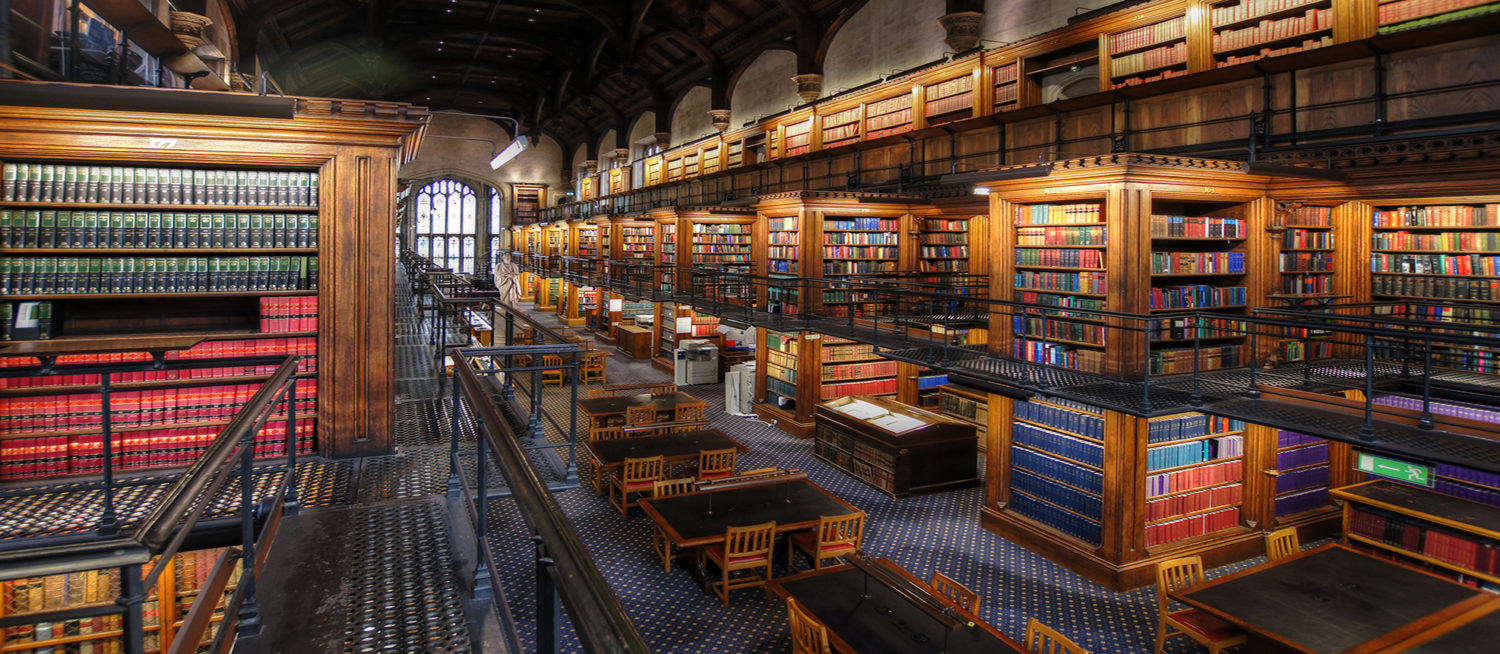Under Scrutiny
Bad laws undermine faith in our politics. A new approach to scrutiny, with a chance for the public to contribute to law-making and more opportunity to work through legislation before it makes it onto the statute book, could revitalise the democratic process, argues Alex Sobel.
Westminster’s public image problem is nothing new. Public engagement with politics is low and many voters feel shut out of politics and policy-making.
The current system, with badly drafted bills rushed through the Commons before being passed to the unelected Lords does not help matters, and many people feel disillusioned by the whole political process. Reviving ideas for better scrutiny arrangements – proposed at different times by both Labour and Conservatives – could mean better legislation and so inspire fresh faith in our politics.
Under Ed Miliband, Labour proposed changes to the legislative process to better integrate members of the public into law-making. The changes would have included the introduction of a public evidence stage, as part of a whole house scrutiny process to take place after the second reading. At present, scrutiny is provided by public bill commit-tees, made up of MPs from the different parties within parliament. The role of these committees is to scrutinise and vote on a bill, line by line. A public evidence stage would allow the public a voice in this process, one that could have a significant impact on how a bill looks when it is made law.
The Conservatives too have considered the idea. In 2010 they put a similar ‘public reading stage’ into their manifesto. This resulted in a trial by the coalition government over three bills: the protection of freedoms bill (2010–12), the small charitable donations bill (2012–13) and the children and families bill (2012–13). In January 2013, the leader of the House issued a written statement, in which he outlined public engagement with the government-administered pilots. He stated that “the government remain committed to promoting public engagement in parliament and specifically in the legislative process. The pilot results indicate that approaches to consultation should be carefully tailored to the bill.”
The public reading stage is yet to resurface, with the general consensus being that although take-up was significant, the process did not have enough of an impact on the final bills and did not do well enough at integrating the view of the public into law. When we look in detail at one of the bills – the children and families bill in 2013 – we can see why it was not a success. The process took the form of an online consultation followed by a ‘public reading day’ during which parliament was given the chance to listen to and discuss contributions. Many MPs were unaware of the public reading stage and no reference was made to the comments made during the process during the bill committee’s oral evidence sessions.
Reading through the brief published by the government for this trial, its key failure becomes apparent. “The public reading will close on the 26th February to allow time for comments to be collated and made available to MPs on the bill committee as it begins its work,” the brief shows. This sentence infers a lack of deference to the findings of the public reading stage, instead electing to preserve them as one piece of evidence to be ‘made available’ to MPs scrutinising the bill at the existing public bill committee.
Improving our law-making could also involve reviving the use of ‘draft bills’ to refine legislation before it makes it onto the statute books. Under the 1997–2010, Labour government, such draft bills were used to encourage pre-legislative scrutiny. Their use has dwindled in recent years with just four in the current parliament. Most draft bills are examined either by select committees in the House of Commons or in the House of Lords, or by a joint committee of both Houses of Parliament.
I believe that there is a strong case both for looking again at introducing some form of public scrutiny into our legislative process and a wider use of draft bills. The arguments in favour are strong: adding real-life perspective into the more technical and detailed stages of a bill could lead to better legislation, reflective of the experience of individuals affected. Changes made as a result of this process would be more likely to reflect public opinion and foster a more consensual approach to law-making. But the success or failure of public scrutiny will always come down to implementation and to how firmly it is embedded into the overall process.
To make the public scrutiny process work, the process of consultation should not be simply squeezed into the existing framework. Instead it should be made a formal part of the process so that we can see tangible and demonstrable evidence of its impact on legislation. Labour’s plans for a separate and distinct public evidence stage would have made this happen, and this is something I think should be considered by the Labour party today.
That said, we must also be clear that a process of public consultation is not always appropriate or desirable for every bill. We must not be afraid to depart from a ‘one size fits all’ approach to law-making. Indeed, there are small departures from the public bill committee stage at present, with constitutional matters often scrutinised by the whole house acting as a bill committee for instance. We should take into account that some bills are more likely to garner public interest than others. It is our job as public representatives to legislate on behalf of our constituents. Sometimes that will involve deep public discussion and at other times we should be trusted with the responsibility of representing.
We must also look closely at how we introduce such a stage to bills that start in the House of Lords. There is currently no evidence stage at all for bills starting in the upper house. With public concern as to the seemingly undemocratic nature of the Lords as a body, public scrutiny of their bills could serve to change that narrative. Failure to include the House of Lords into a reform of scrutiny would be an opportunity missed.
It is clear that we would benefit from more input both from experts and from the public into the legislative process. Badly drafted laws create poor and sometimes perverse consequences for society. The use of both draft bills and a public evidence stage would give us further safeguards against creating laws which don’t work as they were intended.

